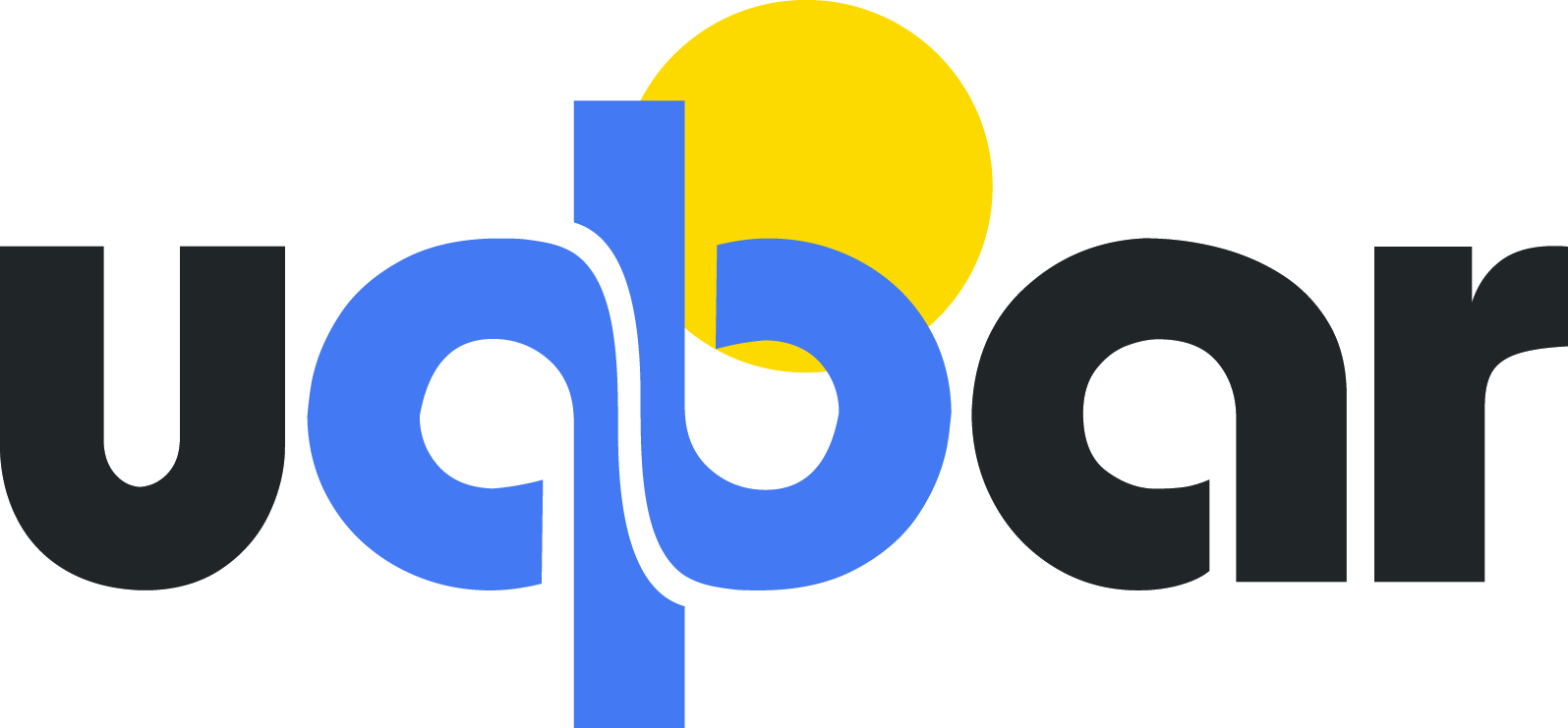Binders
ObservableProperty<T> (default)
This default implementation is a listener: whenever a property of a model changes, a notification is sent to this object.
Example
Setting manually an ObservableProperty to a Player Selector:
new Selector(editorPanel) => [ allowNull = false bindItems(new ObservableProperty(this, "players")) ]
ObservableProperty constructor takes 2 parameters:
- the first one is the model (so you can change the default model of your view)
- the second one is a String declaring a property, a getter and optional setter pair. In the above example you need to define a getPlayers method in your model class.
There's also an ObservableProperty constructor with 1 parameter:
new Selector(editorPanel) => [
allowNull = false
bindItems(new ObservableProperty("players"))
]Or, directly:
new Selector(editorPanel) => [
allowNull = false
bindItemsToProperty("players")
]In general bindXXX expects an ObservableProperty, while bindXXXToProperty expects a String (a property of the default model).
In the latter case model is acquired from the container of the visual component: if selector is in a container and container is in a Window that has an object Game as a model, then ObservableProperty will take this object as its model.
In Xtend, you can use spaceship operator (<=>):
new Selector(editorPanel) => [ items <=> "players" ]
Remember to import ArenaXtendExtensions operations:
import static extension org.uqbar.arena.xtend.ArenaXtendExtensions.*
NotNullObservable
This implementation is also a listener of changes in a model property but it handles a Boolean value for the UI (to match a visible or enabled property).
- If property has a value, NotNullObservable is mapped with a true value
- Otherwise, it is mapped with a false value
Calculated Properties
There are cases where the View component needs to show a model property for which there is no instance variable. This are the so called "Calculated Properties". Because the value is calculated based on some other property. A simple example of this is the "fullName" property on the following model
@Observable
class User {
@Accessors String firstName
@Accessors String lastName
def getFullName() {
return lastName + ", " + firstName
}
}In this case the "fullname" property depends on both "firstName", and "lastName". Arena cannot magically detect this so what will happen is that when someone changes either firstName or lastName the "fullName" property won't be refreshed and will be out-dated.
To solve this you need to explicitly declare the relation between these properties by adding an annotation as the following:
@Dependencies("firstName", "lastName")
def getFullName() {
return lastName + ", " + firstName
}

